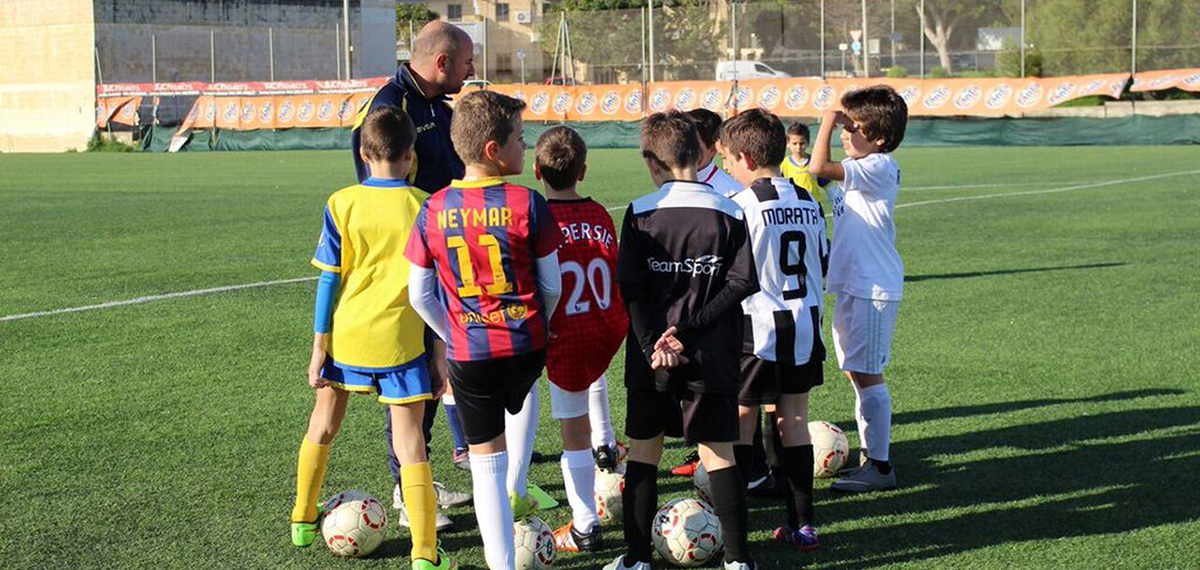

Leader is the one who knows how to transform a group of players into the team
The coach spends ample time with his team and constantly receives feedback from various situations – from technical, mental and physiological aspects of the game. Motivation is the best drive for your players to improve, excel and succeed.
LEADER IS THE ONE WHO KNOWS HOW TO TRANSFORM A GROUP OF PLAYERS INTO THE TEAM
A group of players needs a good leader who will give them guidelines that will inspire their desire to perform at a maximum level and strive to achieve the highest results. The coach is mostly the spark that transfers the group to a team. And the team is what brings joy, confidence, good spirit and finally – the results.
The most important thing for dedicated coaches is to observe, to listen and understand their players and react in the right manner and at the right moment. To feel that moment.
You prepare the session, warm up, the main part of the session, games and tactical movements. Everything you propose is affecting the team and will have influence in final training outcome. After the session, when you analyse what is done, you must be satisfied with the team’s effort; that objectives are achieved and motivation maintained high. Knowing your players, their performing stages, you will know how to prepare for the next task.
READ MORE: 6 facts your player must know if he wants to be a pro
EXPERIENCED COACH DOENS’T INTERRUPT THE FLOW OF THE SESSION
Interruption of an action can often cause loss of flow during the practice which affects the players’ motivation in keeping the appropriate tempo of the session. This situation is usually created by the inexperienced and self-centred coaches who focus on themselves. They interrupt sessions too often and outpoint nonrelevant situations.
Good coaches have the ability, knowledge and confidence to observe the proposed situation and conclude exactly what’s going wrong and correct it. If play doesn’t need an interruption, the coach shall focus on the next situations which he will introduce and challenge the team.
Through monitoring the training session and players’ performance, the coach can judge its success and what the players are getting out of it.
READ MORE: The key for good relationship between the coach and the player
TOO HARD OR TOO EASY TASKS – FIND THE BALANCE
Factors that influence training outcomes can be too difficult or too easy.
TOO HARD
The session can continuously brakes down because it is too difficult for your players and their decision making is wrong. They are not technically able to complete the task or the objective of the session maybe because it is not properly explained to them. The organisation of the exercises put too much pressure and is hard to complete.
TOO EASY
The organization of the session can be too easy and players are performing better than you expect without the challenge. The unfair and unbalanced teams will also impair the quality of the training session.
If the session is developing well and there seems to be the continual success, it is essential that the coach does not sit back and consider it as well done; instead, he should be looking ways to make it more challenging, so the players can get even more from it.
WHAT TO DO
If coach notices any of these situations, he should make immediate alternations. He should calmly re-explain the setup, adjust the space making it bigger or smaller, remove some restrictions and roles, lessen or increase the pressure, balance the teams, progress the session or adjust the tactical concepts.
ROLE OF THE COACH IS JUST ONE
The coach is there for the team – and not vice versa. A good coach knows that the result of his team is his result. He’s the visionary who transfers his ideas making his team, first believing, and then achieving the goal.


